'[{"SponsorID":382,"SponsorName":"Test Name","MonthEndReport":true,"AccountingManager":"Me","UnboundProperties":[],"State":16}]'
When I try to access the above like this:
for (var i = 0; i < data.length; i++) {
alert(data[i]);
}
It spells out each thing, such as [, {, ", S, and etc.
I also tried doing data[i].SponsorName but obviously got undefined. How should I be accessing this?
